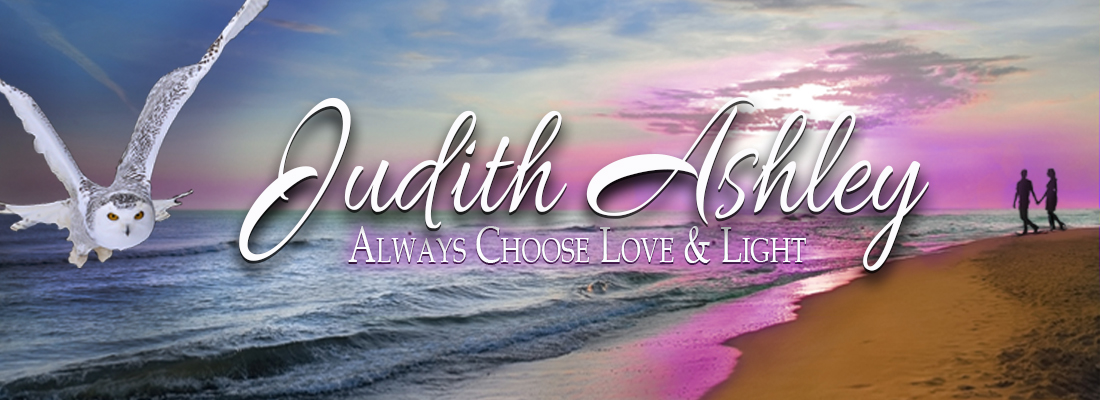By Judith Ashley
During
February I’m blogging every Monday on one of Dr. William Glasser’s Four Psychological Basic Needs. Today I’m
talking about Fun. Dr. Glasser said
this Basic Need was the last to evolve as we developed. First we banded
together (love and belonging) because that increased our rate of survival.
Second those who honed specific skills such as tracking, weapon making, reading
the signs of the weather, etc. to the point of mastery were accorded special
standing in the group. Third the ability to follow a herd, to move and forage
for food was essential to survival.
 In my short story “Is He The One?” included in Windtree Press' Gifts From The Heart, my heroine, Sophia Denton uses
Dr. William Glasser’s Psychological Basic Needs to sort through her feelings
and find the answer to Jonathan’s proposal. She knows herself pretty well.
Laughing and feelings of joy and happiness are important to her. She enjoys
teaching high school, seeing students’ master skills, inspiring students to
achieve and even excel. Laughing, a sense of lightness, of joy
is important to her in her relationships. Does she have that with him?
In my short story “Is He The One?” included in Windtree Press' Gifts From The Heart, my heroine, Sophia Denton uses
Dr. William Glasser’s Psychological Basic Needs to sort through her feelings
and find the answer to Jonathan’s proposal. She knows herself pretty well.
Laughing and feelings of joy and happiness are important to her. She enjoys
teaching high school, seeing students’ master skills, inspiring students to
achieve and even excel. Laughing, a sense of lightness, of joy
is important to her in her relationships. Does she have that with him?
Dr. Glasser points out that when we are young we
have fun learning. The look on babies faces when they take their first steps or
the wonder in a child’s eyes when they print a letter or can recognize their
names is part of the joy (fun) of learning. Children also “play” house, school,
store—a whole host of “games” where they practice the skills used in those
professions. So having fun first became a basic need because of our need to
learn the skills for survival.
My two longest friends love to shop. I’d rather
clean house than shop and I’m not at all fond of that activity. Neither of them
are into sports at all. However, I
enjoy watching college football (Oregon Ducks) and enjoy track and field
(probably because I was able to watch Steve Prefontane and other world-class
racers run under the four minute mile when that was an amazing feat) and I
dated a discus thrower for a short period of time. I like to watch the Little
League World Series and the College World Series but I’m not big into
professional sports.
I find it inspiring to watch people who are focused
on being the best they can be. I’m encouraged when watching the coaches at the
Little League World Series level teach sportsmanship because I’m disheartened
to see it losing ground in college and professional sports.
Personally, fun is walking through my neighborhood,
reading a favorite author and sampling the work of a new-to-me writer, spending
time with close friends and talking about so many different topics my brain is
active. My other “happy place” is at my computer. As an author, watching the
story unfold on the computer screen is a joyful experience.
It’s question time!
1. When was the last time you laughed? Not smiled or
chuckled or giggled, but laughed from deep inside you – maybe tears streamed
down your face you were laughing so hard?
2. What ideas, memories bring a smile to your face?
Why? Are those things you can still do? Or can you modify or build off them?
Would they be as satisfying to you now as they were then? Why or why not?
3. Who do you have fun with? And if the answer is
‘no one’, if you shared what you do for fun, would doing it with other enhance
the joy?
4. How often do you have fun? Do you save it up for
weekends or vacation? Are you someone who looks for joy and happiness in the
mundane activities of everyday life? Are you someone who needs an adrenaline
rush to have fun? (Think Xtreme Sports for example).
Next week starts a new month. I’ll have taken a
couple of classes from the awesome Maggie Lynch. I expect to have a lot of fun
learning how to use Mail Chimp to create a newsletter! I’ll be back to share
that experience with you.
I hope you’ll join me. And, please ask questions!
I’ll do my best to expand on Dr. Glasser’s concepts in my answers.
Judith is the author of The Sacred Women’s Circle
series, romantic fiction that honors spiritual
practices that nourish the soul
and celebrates the journey from relationship to romance. She is also on the
Senior Teaching Faculty of The William Glasser Institute and schedules
trainings leading to Certification in Dr. Glasser’s Choice Theory and Reality
Therapy.
Learn more about her work with Dr. Glasser’s
concepts here or check out The William Glasser Institute to learn about more educational and training
opportunities.



